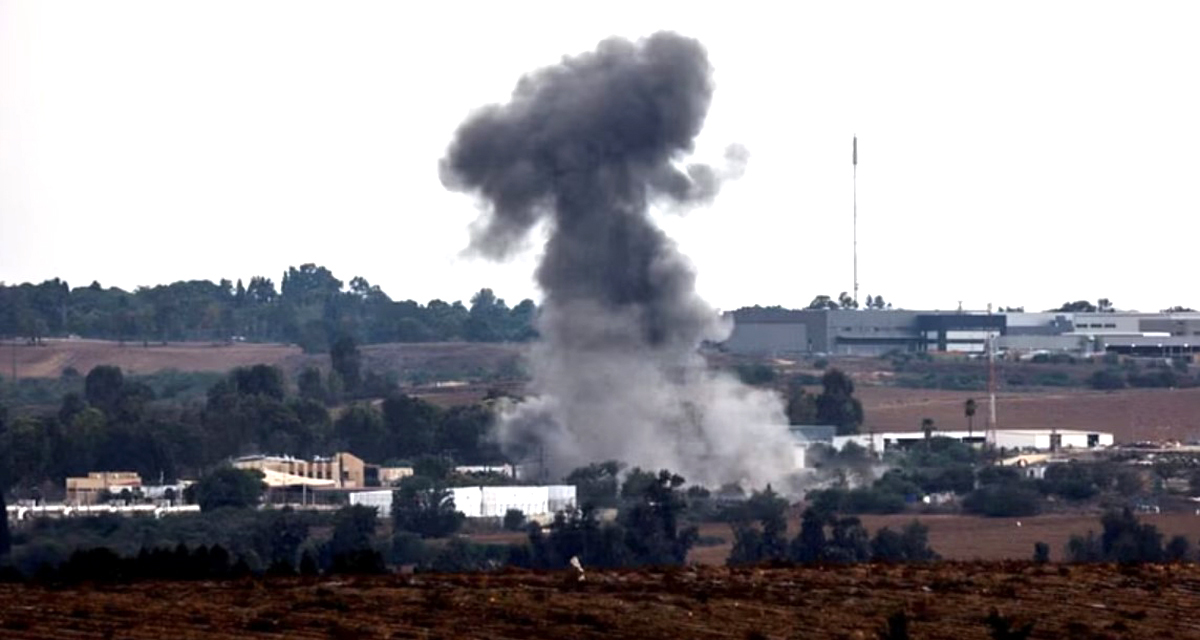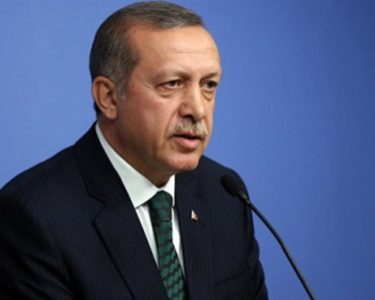International Desk :
When China announced a surprise deal restoring ties between Saudi Arabia and Iran this year, it signaled Beijing’s desire to be a diplomatic heavyweight in the Middle East. The crisis in Israel and Gaza threatens to expose the limits of that ambition.
After the March Saudi-Iran agreement, which China brokered, Chinese media hailed Beijing’s rising profile in a region long dominated by Washington. Wang Yi, China’s top diplomat, said the country would continue to play a constructive role in handling global ‘hotspot issues’. But after the killings of more than 900 Israelis in coordinated assaults by the Islamic group Hamas, China’s response was muted.
A foreign ministry spokeswoman repeatedly stopped short of condemning Hamas, instead calling for de-escalation and for Israel and Palestine to pursue a ‘two-state solution’ for an independent Palestine. China’s leader Xi Jinping has been silent on the issue.
“Certainly it does poke a hole in the type of propaganda … of China being this kind of massive player in the Middle East,” said Bill Figueroa, an assistant professor at the University of Groningen in the Netherlands and an expert on China-Middle East relations. China’s neutrality has drawn criticism from US and Israeli officials, with some saying it undermines Beijing’s claims to be an unbiased peace broker in the region. That should not come as a surprise, say analysts. Chinese diplomacy has long been risk-averse, and the spiralling conflict between Israel and Hamas puts its diplomats in a difficult spot, given China’s historic support for the Palestinians and its rivalry with the United States.
”We have made it clear that China is highly concerned about the continued escalation of the Palestinian-Israeli conflict and urges all parties concerned to immediately cease fire and stop fighting. China is willing to maintain communication with all parties and make unremitting efforts for peace and stability in the Middle East,” Wang Wenbin, a foreign ministry spokesperson, said on Tuesday.





